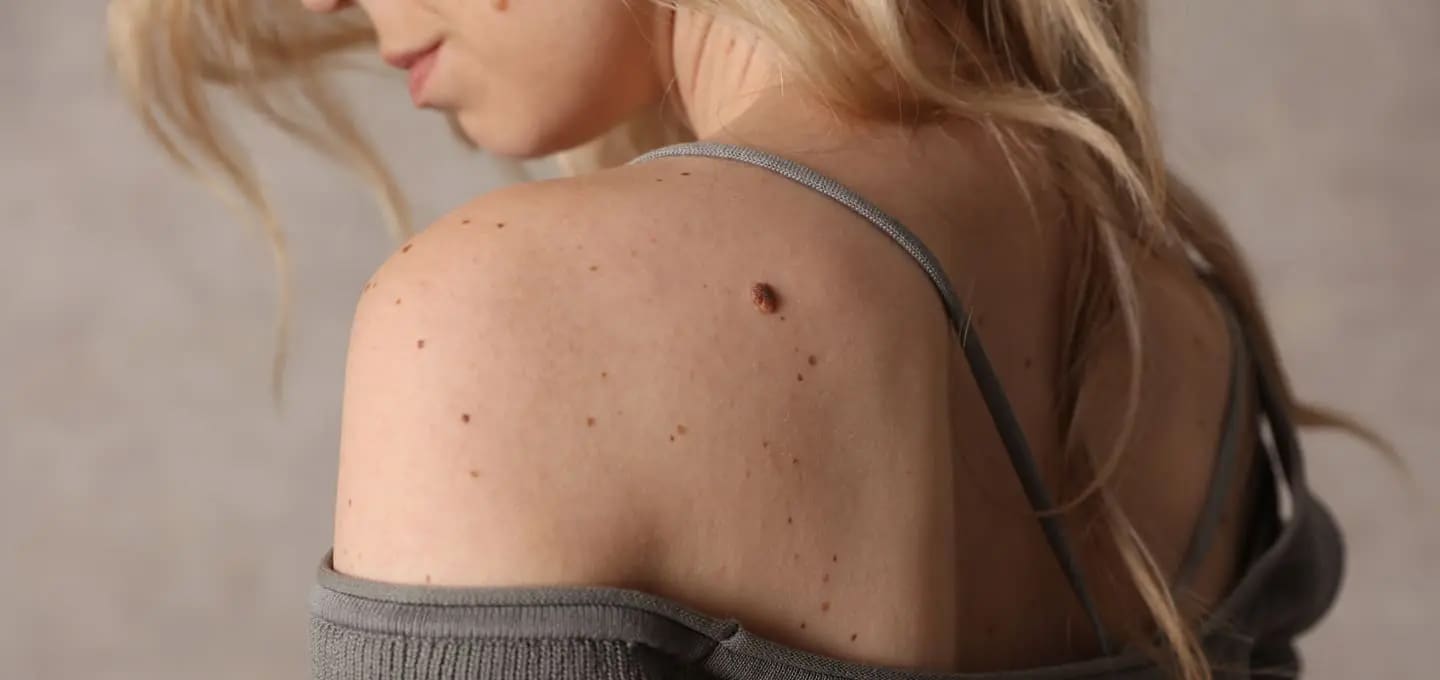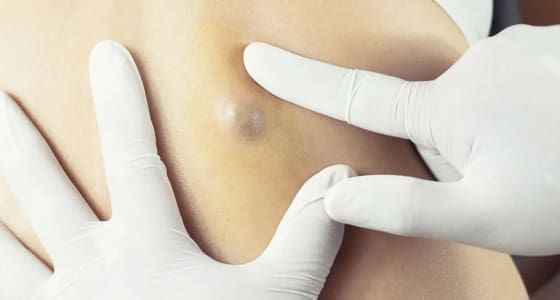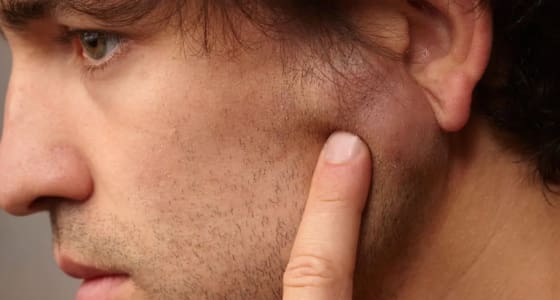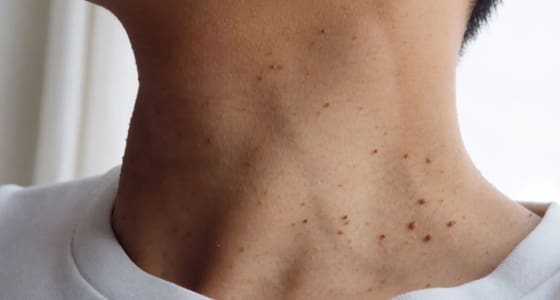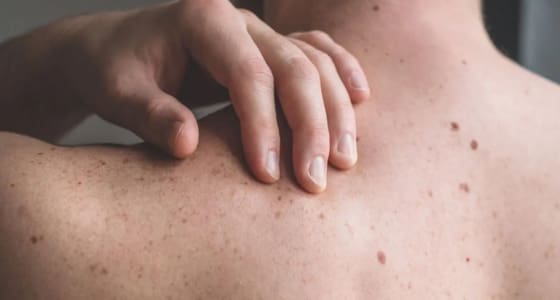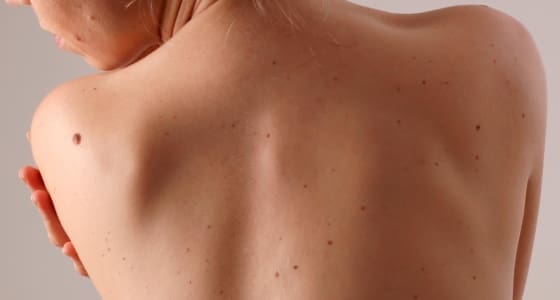They are commonly seen in areas where skin rubs against skin, such as the neck, armpit, groin, eyelids, and under the breasts. It is estimated that about half of the UK population will develop a skin tag at some point in their lives.
Although skin tags are usually harmless, many individuals choose to have them removed due to discomfort, irritation, or the risk of snagging on clothing or jewellery. Accidentally shaving skin tags can result in bleeding and potential scarring, which is why some people opt for removal for cosmetic reasons.
The exact cause of skin tags is not fully understood, but factors such as the human papillomavirus (HPV), metabolic syndrome, insulin resistance, skin friction, and hormonal changes during pregnancy are thought to play a role in their development.
Attempting to remove skin tags at home is not recommended as it can lead to infection, bleeding, and scarring. It is best to seek advice from a skin specialist for safe and effective removal procedures, such as surgical excision, cryotherapy, or electrosurgery. During a consultation with a dermatologist or plastic surgeon, the lesion will be examined to confirm it is a skin tag and not something more serious. In some cases, skin tags can be removed during the same appointment for convenience and cost-effectiveness.
